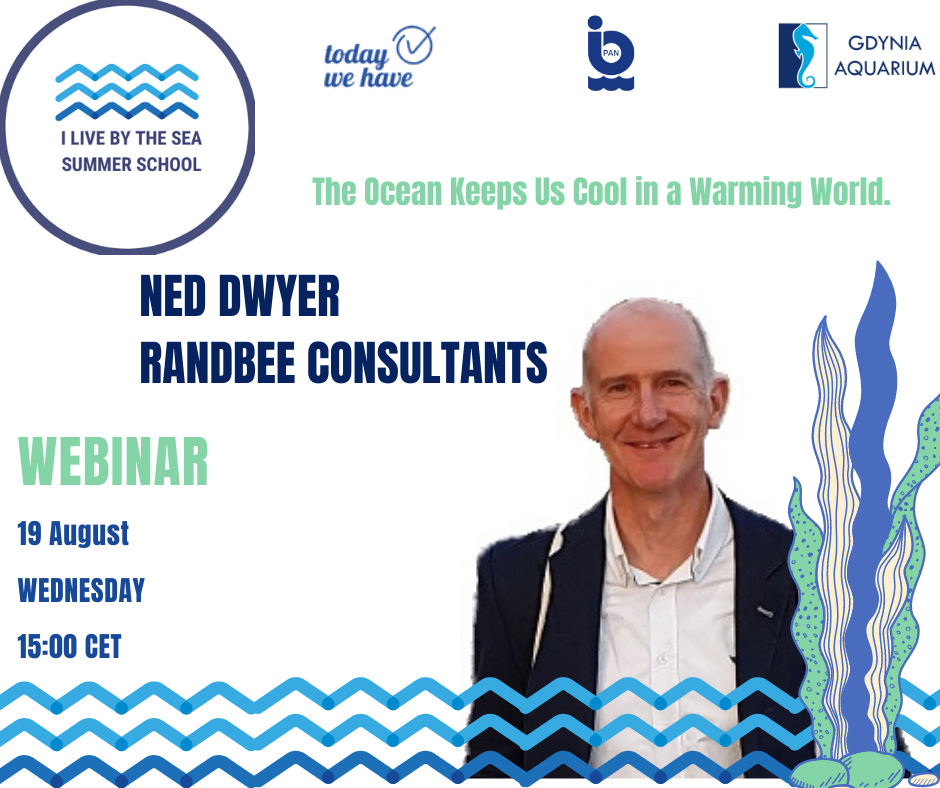Ned Dwyer is a freelance consultant focussing on the use of Earth Observations for environmental management. He has been working on a range of projects and applications concerning the marine environment for almost 20 years. He is the editor of the first report on the status of Ireland´s climate, which was published in 2012 and is currently part of the editorial team of the 2nd edition to be published in 2020.
He is the former Director of EurOcean, the European Centre for Information on Marine Science and Technology, and former Deputy-Director of the Coastal and Marine Research Centre of University College Cork, Ireland. He has many years´ experience in the use and application of satellite data to a range of land and ocean management issues.
WEBINAR
Heat uptake by the global ocean accounts for more than 90% of the excess heat trapped in the Earth system in the past few decades. This has resulted in an increase in global ocean surface temperatures of approximately 0.7°C since the 1850s, with the rate of warming estimated to have doubled since the 1990s Marine heatwaves have very likely doubled in frequency since 1982 and are increasing in intensity. Moreover, it is estimated that the ocean has absorbed between 20–30% of total CO2 emissions caused by human activity since the 1980s thereby reducing atmospheric accumulation and mitigating the related enhanced greenhouse effect.
However, seawater´s high capacity for absorbing carbon leads to increased ocean acidification. These are just some of the dramatic effects that the ocean is already undergoing due to climate change. The predictions for the rest of the 21st century include increases in ocean heat absorption, increases in sea surface temperature, increases in marine heatwave days and ongoing sea level rise What are the implications of these changes for the ocean and humankind itself? How can we reduce the worst impacts and ensure a viable future for ourselves, and all other plants and animals which depend on the ocean?
Webinar recording:
www.facebook.com/todaywehave/videos/651589325469307


